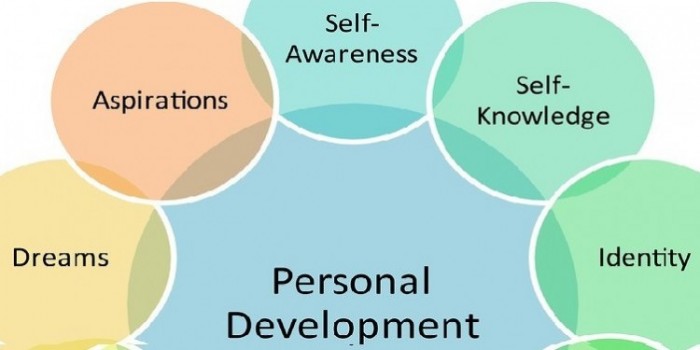Self-knowledge is one of the cornerstones of personal development. Anyone who wants to learn to lead must invest some time and energy in critical self-awareness. Your ability to influence and guide others is enhanced by knowing yourself well, both your strengths and your values, as well as your deficits.
We may think we know ourselves, but self-awareness isn’t easy to capture and understand. For one thing we have internal biases that protect the ego from harm. We like to keep our flaws private.
Furthermore, our self-knowledge is built on things we were told by caregivers in positions of authority with their own biases. Our self-perception is influenced by moods and emotions as well as the stories we construct in our heads to minimize weaknesses and maximize our best selves. We want to protect our “weaker” self, and we want to project our “best” self in order to gain respect of those we lead. Learning about yourself involves looking at three personas.
3 Personas
Here is a model of three personas that help you understand your self perception better. I ran across this simple explanation while reading an interesting book titled Snake in Suits: When Psychopaths Go to Work by Paul Babiak and Robert D. Hare. (Yes, reading about extreme personalities in the office can help you understand yourself and others!)
- First, there is the internal or private personality − the “me” that we experience inside ourselves.
- Second, there is the projected or public personality, sometimes called the persona − the “me” that we want others to see, the “self” that we present to others when we are in public.
- And, third, there is the attributed personality or reputation− the view, based on what we say and do, that others form of our personality.
Psychopaths are keen observers of human behaviors and personalities. They work hard at keeping their flaws hidden and to discover the weaknesses of others to take advantage of them. They have a refined ability to sense the feelings of others but at the same time, they have little feelings themselves and no compassion for others.
You become less vulnerable to predatory personalities when you learn all you can about your three personas. Of course, this is work that should be done with a trusted peer, mentor, or ideally, a professional coach. The process of learning about your personality should be done without judgment or fear, in a trusting partnership with a professional who understands human nature. Assessments and personality tests are helpful as well.
If you’re interested in learning more about yourself and how this can help you in your role managing or leading others, give me a call. You can contact me here.

Did You Enjoy This Article?
Join thousands of other smart business owners like yourself & get our Proffittable Times newsletter.
It's filled with actionable content you can apply immediately.
Sign up now to get started!
– Coach Nancy










